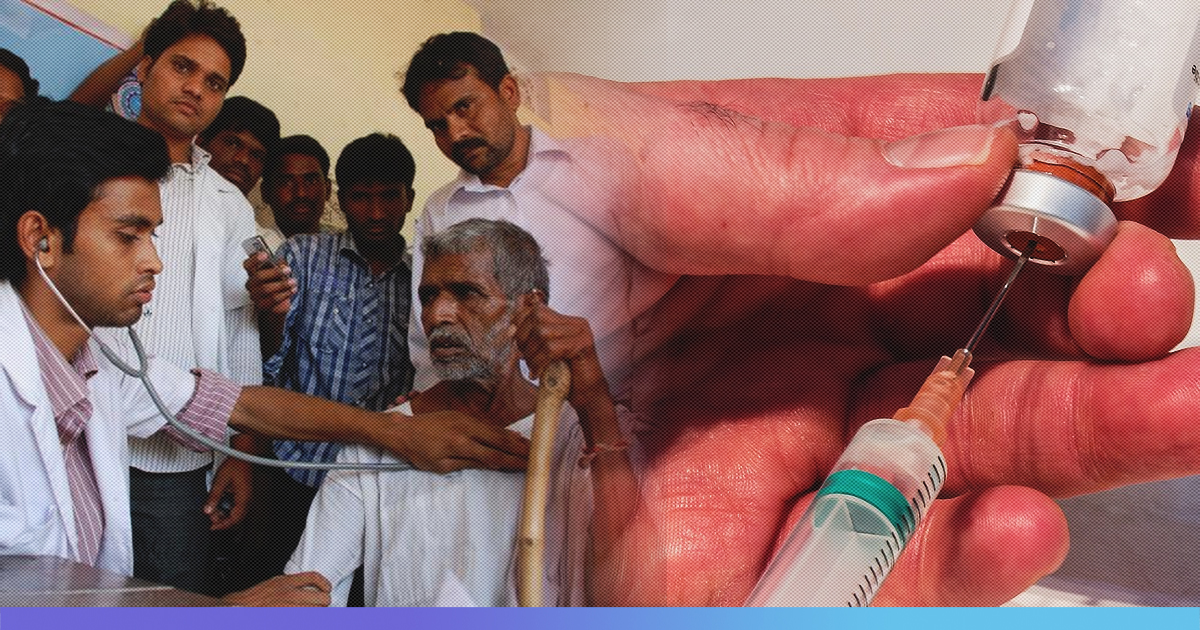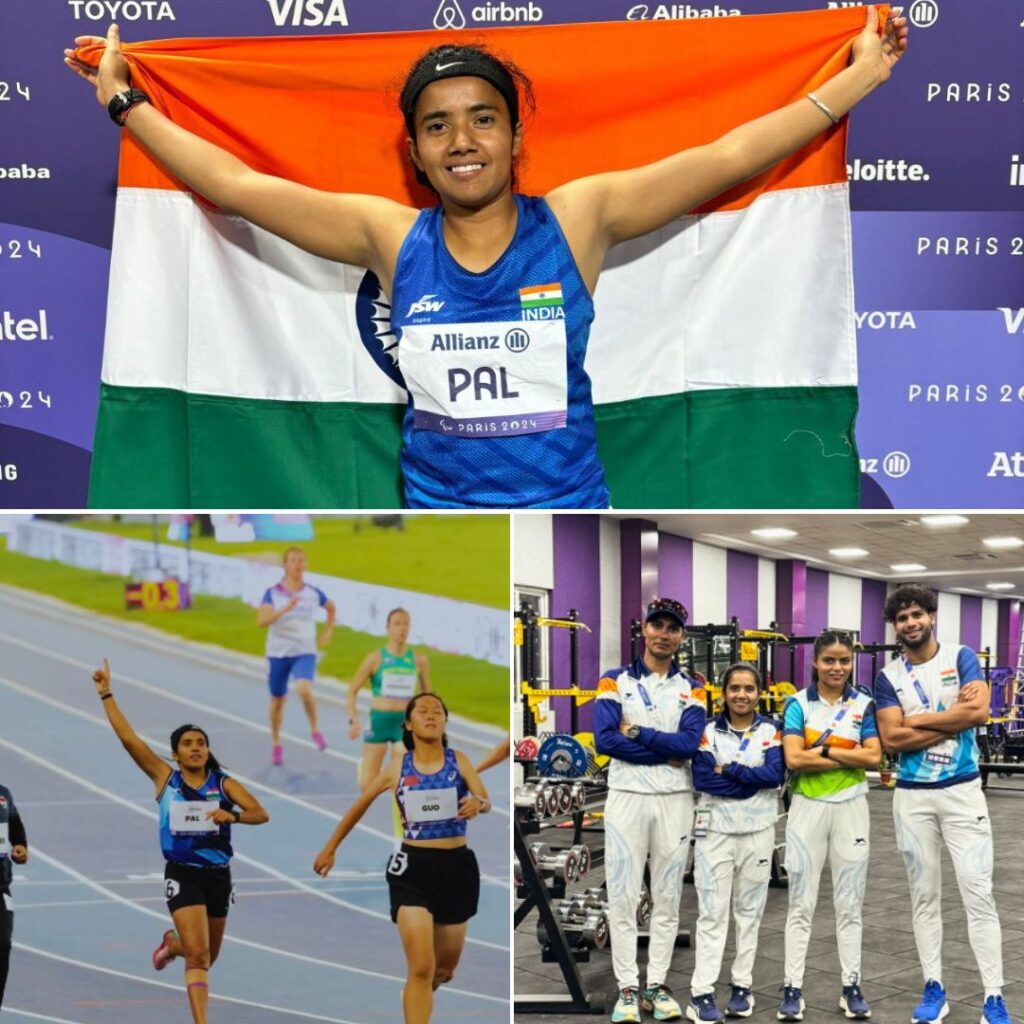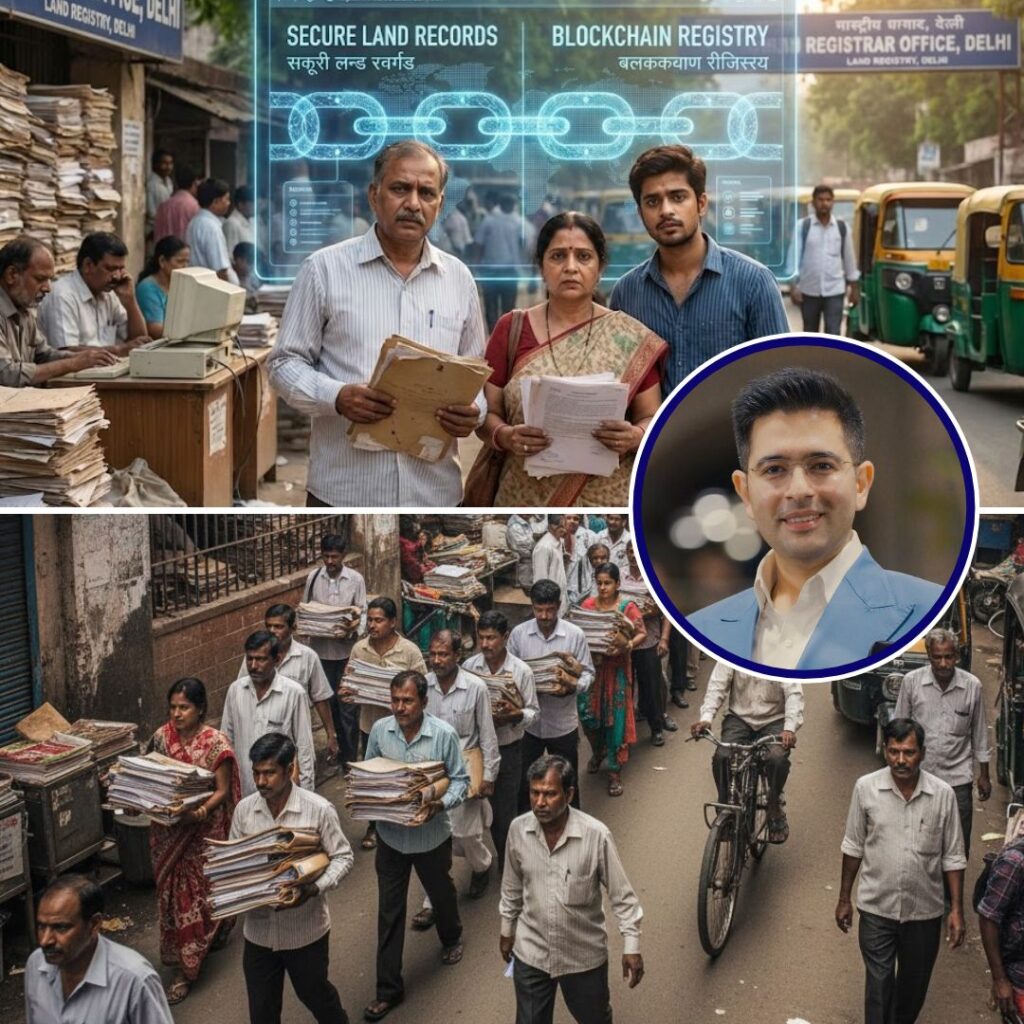A recent study conducted by the Center for Disease Dynamics, Economics & Policy (CDDEP) in the US has found that India has a shortage of an estimated 6,00,000 doctors and around twenty lakh nurses. The researchers said that the shortage of staff, who are trained to administer antibiotics, is preventing patients from accessing life-saving drugs.
What does the study say?
In India, an estimated 65% of the health expenses are out-of-pocket which pushes about 5.7 crore people into poverty annually. Even when life-saving antibiotics are available, the patients and their family members are unable to afford the high prices. The study noted that high out-of-pocket expenses are compounded by limited government spending on healthcare.
According to the study, the majority of the world’s annual 57 lakh antibiotic-treatable deaths occur mostly in low and middle-income countries. In these countries, the mortality burden from treatable bacterial infections largely exceeds the estimated annual 700,000 deaths from antibiotic-resistant infections. Reportedly, the researchers conducted stakeholder interviews in India, Uganda and Germany, and literature reviews to rightly identify important barriers to antibiotics in middle, low and high-income countries respectively.
Lack of doctors and nurses
The lack of a well-equipped staff stood out as one of the contributing factors which acted as a barrier to proper healthcare. In India, for every 10,189 people, there is one government doctor i.e., India has a deficit of about 6,00,000 doctors. The World Health Organisation (WHO) recommends a ratio of 1:1000. Meanwhile, the nurse-patient ratio is 1:483 which implies a deficit of about two million nurses.
Ramanan Laxminarayan, director at CDDEP, reportedly said, “Lack of access to antibiotics kills more people currently than does antibiotic resistance, but we have not had a good handle on why these barriers are created.” Laxminarayan said that even after even after the discovery of new antibiotics, regulatory hurdles and substandard health facilities delay or altogether prevent widespread market entry and drug availability.
Their research has shown that of 21 new antibiotics entering markets between 1999 and 2014, less than five were registered in most sub-Saharan African countries. Moreover, just the mere existence of an antibiotic or a drug does not mean that they are accessible to people who are in urgent need.
The research states that globally, unchecked use of antibiotics and poor antimicrobial supervision not only leads to treatment failure but also propagate the spread of drug resistance. This, in turn, narrows down the available array of effective drugs. Moreover, since the 1960s, Research and development for new antimicrobial, vaccines, and diagnostic tests have slowed down since low sales have reduced the profitability when it comes to investments. The induction of low-cost generic drugs has further posed as a contributing factor to the slump in research and development.
India’s healthcare service is battling a two-fold crisis — that of poor infrastructure and human resource. Data compiled from various sources suggest that the shortage in doctors have contributed to the loss of lives in very many parts of the country. While the government has vowed to increase health expenditure, much needs to be done to ensure accessibility and reduction of out-of-pocket expenses.
Also Read: Study Finds 64% Antibiotics Sold In India Unapproved












